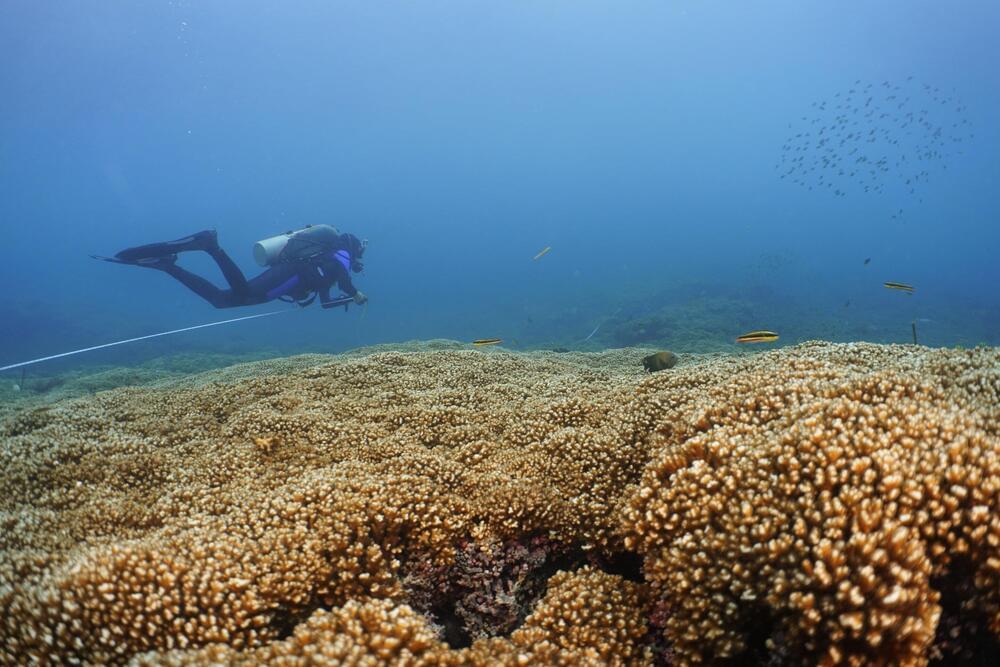Scientists at the University of Miami Rosenstiel School of Marine, Atmospheric, and Earth Science found that some reefs in the tropical Pacific Ocean could maintain high coral cover into the second half of this century by shuffling the symbiotic algae they host. The findings offer a ray of hope in an often-dire picture of the future of coral reefs worldwide.
While global warming is causing the loss of coral reefs globally, scientists believe that some corals are increasing their tolerance to heat by changing the symbiotic algae communities they host, which through photosynthesis provide them with the energy they need to live.
“Our results suggest that some reefs in the eastern tropical Pacific, which includes the Pacific coasts of Panama, Costa Rica, Mexico, and Colombia, might be able to maintain high coral cover through the 2060s,” said coral biologist Ana Palacio-Castro, lead author of the study, alumna of the Rosenstiel School, and a postdoctoral associate at the school’s Cooperative Institute for Marine and Atmospheric Studies. “However, while this may be seen as good news for these reefs, their survival may not continue past that date unless we reduce global greenhouse gas emissions and curtail global warming on a larger scale.”
